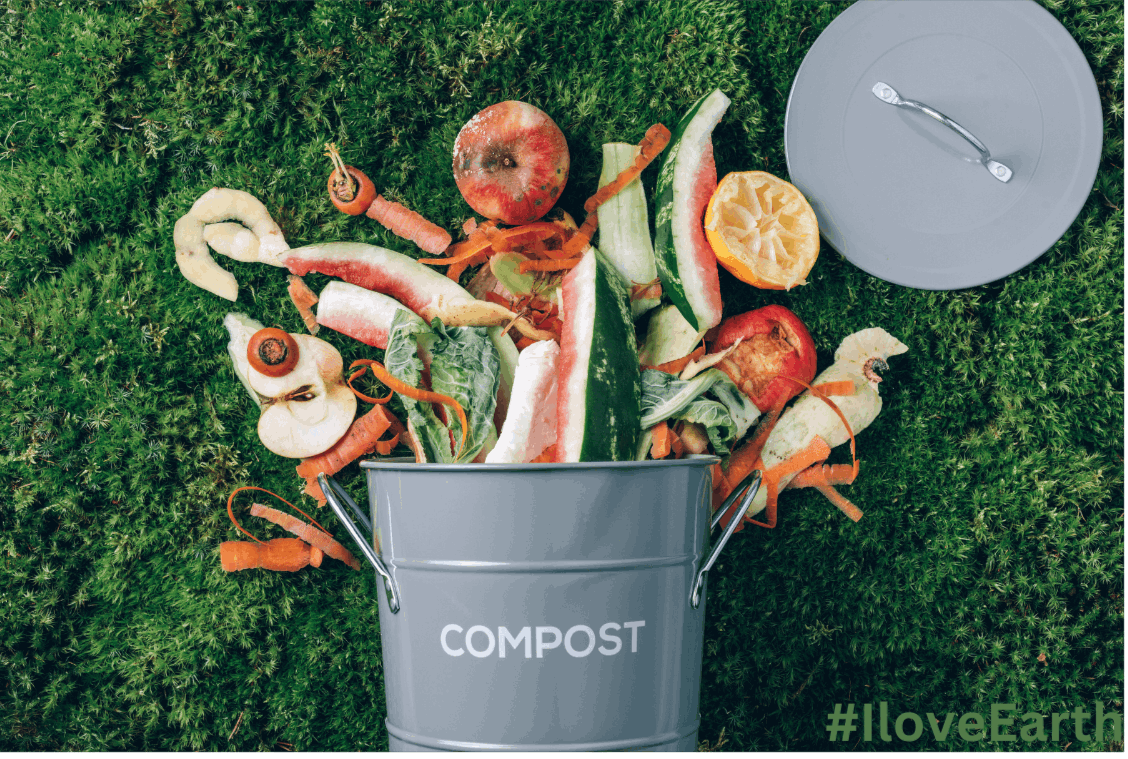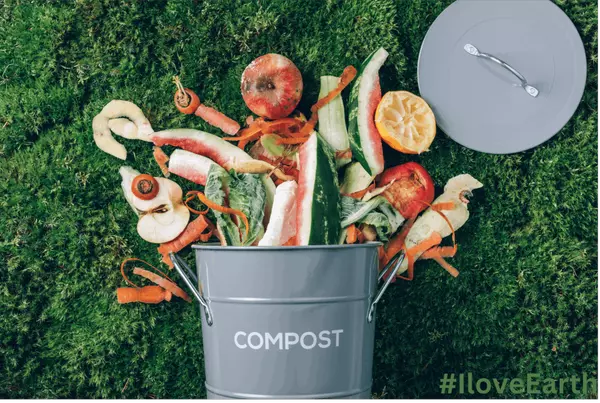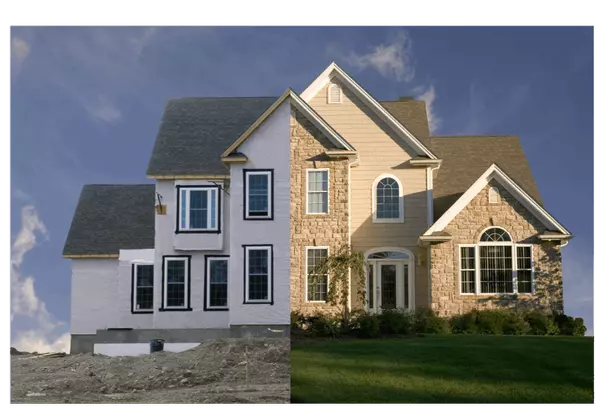Composting at Home!

The Benefits of Composting at Home: Why It’s a Win-Win for You and the Environment
In today’s world, sustainability is at the forefront of many people's minds. Homebuyers and homeowners alike are increasingly seeking ways to reduce their environmental footprint and live more sustainably. One of the easiest and most rewarding ways to achieve this is through composting.
Composting is a natural process that turns organic waste into rich, fertile soil, which can benefit your garden and the planet. As a homeowner, incorporating composting into your daily routine can offer a range of benefits that go beyond just environmental impact. Let’s dive into why composting should be a priority in every home.
1. Reduce Waste and Lower Your Carbon Footprint
Did you know that nearly 30% of household waste is compostable? Food scraps, yard waste, and certain paper products can be diverted from landfills through composting, which reduces the amount of trash you send to the landfill. In turn, this helps reduce methane emissions, a potent greenhouse gas that’s released when organic waste breaks down in landfills. By composting, you are contributing to a reduction in carbon emissions, helping combat climate change and promoting a healthier planet.
2. Enhance Your Garden's Soil Quality
If you enjoy gardening, composting is a fantastic way to improve the quality of your soil. Compost is rich in nutrients and helps to enhance soil structure, moisture retention, and overall fertility. Whether you have a vegetable garden, flower beds, or landscaping, using compost can significantly improve plant growth, making your home’s outdoor space more vibrant and thriving. Compost also encourages beneficial microorganisms in the soil, which can reduce the need for harmful chemical fertilizers and pesticides.
3. Save Money on Fertilizers and Soil Amendments
Buying commercial fertilizers and soil amendments can add up over time. Composting provides you with a free, organic alternative that enriches your soil without the added cost. As compost naturally breaks down organic material, it creates a nutrient-dense substance that can be spread across your garden beds, reducing the need for expensive store-bought products. Plus, you can customize your compost to match the needs of your plants, making it an affordable, sustainable option for your garden.
4. Minimize Household Waste Disposal Costs
Composting reduces the volume of waste you send to the local landfill, which can lower your waste disposal fees in some areas. Many municipalities charge for waste collection based on the amount of trash you produce, so the less waste you generate, the lower your costs could be. By starting a composting system at home, you’ll keep your household trash down and potentially save money while benefiting the environment.
5. A Simple and Rewarding Activity for the Whole Family
Composting is not only good for the earth, but it can also be a fun, educational activity for the entire family. Teaching children about composting, sustainability, and environmental responsibility can foster a sense of pride and ownership in helping the planet. Plus, composting itself is a simple and rewarding process that doesn’t require a lot of time or effort. From turning kitchen scraps into nutrient-rich compost to seeing your garden flourish with healthier plants, the results can be incredibly satisfying.
6. Contribute to Local Sustainability Initiatives
In addition to its environmental benefits at home, composting also supports local sustainability initiatives. Many communities encourage composting programs that help reduce waste, and participating in these initiatives can strengthen your connection to the community. Some cities even offer curbside composting pickup services, making it easier than ever to compost and contribute to a larger environmental movement.
Want to know how to get started? Keep reading!

How to Get Started with Composting at Home
Starting a compost bin is easy and doesn’t require a lot of space, even if you live in an apartment or have a small yard. Here’s a basic guide on how to get started:
- Choose the right composting bin: You can use a simple outdoor compost bin, a worm bin (vermicomposting), or an indoor composting system like a countertop compost pail or a specialized bin for apartment living.
- Gather organic materials: Compostable materials include fruit and vegetable scraps, coffee grounds, eggshells, yard waste, grass clippings, and leaves. Avoid meat, dairy, and oily foods, as they can attract pests.
- Layer materials: For optimal composting, alternate between "greens" (nitrogen-rich materials like food scraps) and "browns" (carbon-rich materials like dry leaves and cardboard).
- Turn your compost: Every few weeks, mix or turn your compost pile to speed up the decomposition process.
- Harvest your compost: Once your compost looks dark, crumbly, and smells earthy, it’s ready to use in your garden!
Why Composting Makes Sense for Your Home
Incorporating composting into your home isn’t just a way to reduce waste – it’s an investment in a healthier, more sustainable lifestyle. By creating nutrient-rich soil for your garden, saving money on fertilizers, and reducing your household waste, composting offers a range of benefits that enhance both your property and the environment.
As a homeowner, composting also signals to potential buyers that you’re committed to eco-friendly practices, which could make your property more appealing in an increasingly environmentally conscious market.
Want to learn more about sustainable living?
Contact me for tips and resources on making your home greener and more energy-efficient!
Categories
Recent Posts




